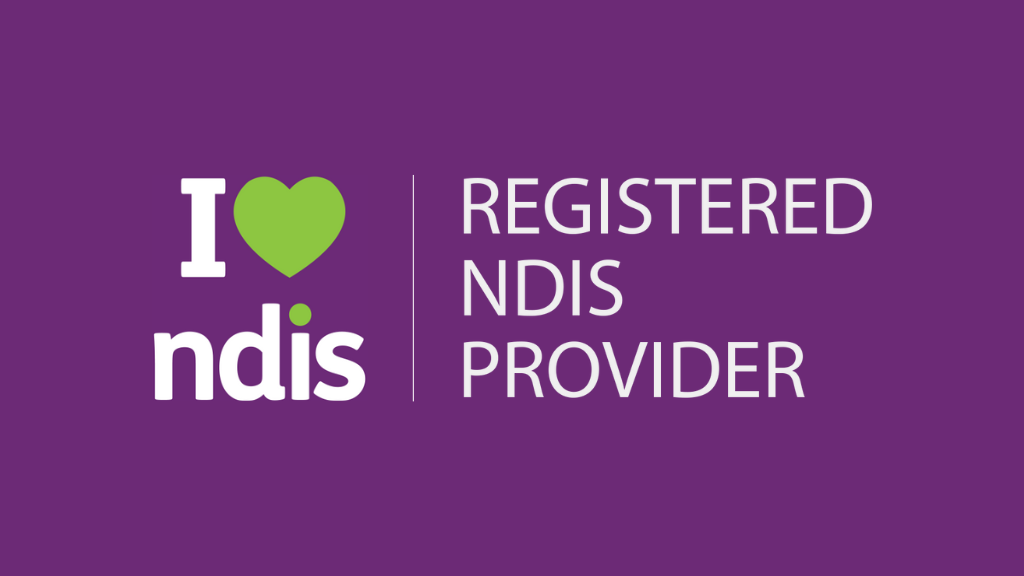
Social Changes and Emotional Changes: What to Expect in Adolescence
During adolescence, you’ll notice changes in the way your child interacts with family, friends and peers. Every child’s social and emotional development is different. Your child’s development is shaped by your child’s unique combination of genes, brain development, environment, experiences with family and friends, and community and culture.
Social changes and emotional changes show that your child is forming an independent identity and learning to be an adult.
People spend their childhood learning to be like their parents, and their adolescence learning who they are and how they are different from their parents.
– Dr Miriam Kaufman, 2006
Social Changes
You might notice that your child is:
- Searching for identity: young people are busy working out who they are and where they fit in the world. This search can be influenced by gender, peer group, cultural background and family expectations.
- Seeking more independence: this is likely to influence the decisions your child makes and the relationships your child has with family and friends.
- Seeking more responsibility, both at home and at school.
- Looking for new experiences: the nature of teenage brain development means that teenagers are likely to seek out new experiences and engage in more risk-taking behaviour. But they’re still developing control over their impulses.
- Thinking more about ‘right’ and ‘wrong’: your child will start developing a stronger individual set of values and morals. Teenagers also learn that they’re responsible for their own actions, decisions and consequences. They question more things. Your words and actions shape your child’s sense of ‘right’ and ‘wrong’.
- Influenced more by friends, especially when it comes to behaviour, sense of self and self-esteem.
- Starting to develop and explore a sexual identity: your child might start to have romantic relationships or go on ‘dates’. These are not necessarily intimate relationships, though. For some young people, intimate or sexual relationships don’t occur until later on in life.
- Communicating in different ways: the internet, mobile phones and social media can significantly influence how your child communicates with friends and learns about the world.
Emotional Changes
You might notice that your child:
- Shows strong feelings and intense emotions at different times. Moods might seem unpredictable. These emotional ups and downs can lead to increased conflict. Your child’s brain is still learning how to control and express emotions in a grown-up way.
- Is more sensitive to your emotions: young people get better at reading and processing other people’s emotions as they get older. While they’re developing these skills, they can sometimes misread facial expressions or body language.
- Is more self-conscious, especially about physical appearance and changes. Teenage self-esteem is often affected by appearance – or by how teenagers think they look. As they develop, children might compare their bodies with those of friends and peers.
- Goes through a ‘bulletproof’ stage of thinking and acting as if nothing bad could happen to him. Your child’s decision-making skills are still developing, and your child is still learning about the consequences of actions.
Many people think that adolescence is always a difficult time, and that all teenagers have bad moods and behave in challenging ways. In fact, some studies show that only 5-15% of teenagers go through extreme emotional turmoil, become rebellious or have major conflicts with their parents. Social and emotional changes are part of your child’s journey to adulthood. You have a big role to play in helping your child develop grown-up emotions and social skills.
Changes in Relationships
You might notice that your child:
- Wants to spend less time with family and more time with friends and peers.
- Has more arguments with you: some conflict between parents and children during the teenage years is normal, as children seek more independence. It actually shows that your child is maturing. Conflict tends to peak in early adolescence. If you feel like you’re arguing with your child all the time, it might help to know that this isn’t likely to affect your relationship with your child in the longer term.
- Sees things differently from you: this isn’t because your child wants to upset you. It’s because your child is beginning to think more abstractly and to question different points of view. At the same time, some teenagers find it hard to understand the effects of their behaviour and comments on other people. These skills will develop with time.
Your child’s relationships with family and peers will undergo dramatic changes and shifts. Strong relationships with both family and friends are vital for healthy social and emotional development. Parents tend to influence a young person’s long-term decisions, such as career choices, values and morals. Friends are more likely to influence short-term choices, such as appearance and interests.
Supporting Social and Emotional Development
Here are some ideas to help you support your child’s social and emotional development:
- Be a role model for forming and maintaining positive relationships – with your friends, children, partner and colleagues. Your child will learn from observing relationships where there is respect, empathy and positive ways of resolving conflict.
- Get to know your child’s friends, and make them welcome in your home. This will help you keep in touch with your child’s social relationships. It also shows that you recognise how important your child’s friends are to your child’s sense of self. If you’re concerned about your child’s choice of friends, provide gentle and consistent guidance.
- Listen to your child’s feelings. If your child wants to talk, stop and give your child your full attention. If you’re in the middle of something, make a specific time when you can listen. Respect your child’s feelings and try to understand your child’s perspective, even if it’s not the same as yours. For example, ‘It sounds like you’re feeling left out because you’re not going to the party on Thursday night’.
- Be explicit and open about your feelings. In particular, tell your child how you feel when your child behaves in different ways. For example, ‘I felt really happy when you invited me to your school performance’. This helps your child learn to read and respond to emotions. It also models positive and constructive ways of relating to other people.
- Be a role model for positive ways of dealing with difficult emotions and moods. For example, there will be times when you’re feeling cranky, tired and not like interacting with your child. Instead of giving your child the silent treatment, you could say, ‘I’m tired and cross. I feel like I can’t talk now without getting upset. Can we have this conversation after dinner?’
- Talk with your child about relationships, sex and sexuality. Look for ‘teachable moments’ – those everyday times when you can easily bring up these issues. This is often better than having a ‘big talk’. Find out what your child already knows. Correct any misinformation and give the real facts. Use the conversation as a chance to discuss appropriate sexual behaviour and values. And always let your child know you’re available to talk about questions or concerns.
- Focus on the non-physical. Teenagers are often self-conscious and anxious about their bodies and appearance. So reinforce the positive aspects of your child’s social and emotional development. For example, you could praise your child for being a good friend, or for having a wide variety of interests, or for trying hard at school and so on.
It’s easy to get caught up in your children’s needs. There’s also the day-to-day business of getting children to the sporting and social activities that are important for their development. Even with all this going on, looking after yourself and making time for the things you enjoy can keep you feeling positive about parenting your teenage child.
Staying connected with your teenage child can be an important part of supporting your child’s social and emotional development. You can check out our Talking to Teens interactive guide to see how different approaches to staying connected can get different results.
Mental Health and Wellbeing
Research shows that teenagers are at increased risk of poor mental health, antisocial behaviour and risk-taking behaviour such as substance misuse.
This might be because of stronger emotional responses in adolescence, changes in motivation, or difficulties balancing emotions and behaviour. These activities and behaviour can affect your child’s health later in life and can have long-term effects.
If you feel that your child’s behaviour is more than just ‘teenage moodiness’, speak to your child about your concerns. Also consider talking to a health professional.
You know your child best. If you’re concerned about your child’s social skills, emotions or wellbeing, speak with your GP, your child’s school counsellor, or another health professional. If you’re having trouble coping, call the parenting hotline in your state or territory.
Children with Special Needs
It’s normal for parents to worry that their child with disability won’t make friends easily or be accepted into a peer group. It helps to remember that the rate of social and emotional development varies widely, both for typically developing children and children with disability.
Children who miss a lot of school because of illness, or who have a visible physical disability, might find it harder to make and keep friendships. This doesn’t mean that friendships won’t happen. There might be other ways for your child to form friendships, such as joining community groups and online networks. Give your child lots of love and support at home. Boost confidence and self-esteem by focusing on your child’s strengths and interests.
Children with physical disability might become more self-conscious in the teenage years. It might be a good idea to speak with a professional about how to help.
Teenagers with attention deficit hyperactivity disorder (ADHD) might have difficulties monitoring and expressing emotions, or difficulties with peer and social relationships. This can impact on child-parent as well as peer relationships. You can learn more about supporting your child in our article on managing attention deficit hyperactivity disorder.
Some teenagers with autism spectrum disorder (ASD) might have difficulties making and keeping friends, or have difficulties with social skills and emotions. You can find out more in our articles on social skills for teenagers with ASD and mood changes in teenagers with ASD.
(Article courtesy of www.raisingchildren.net.au, retrieved 28/09/2016)







